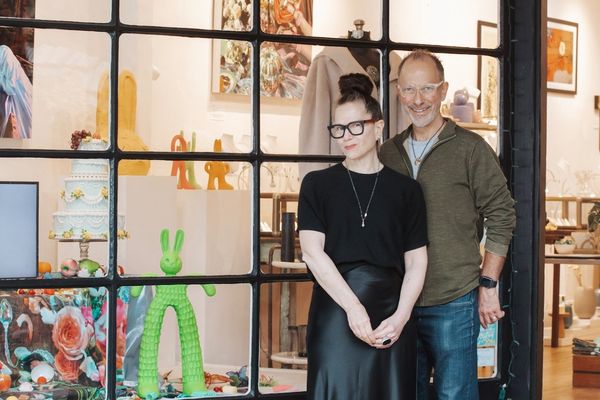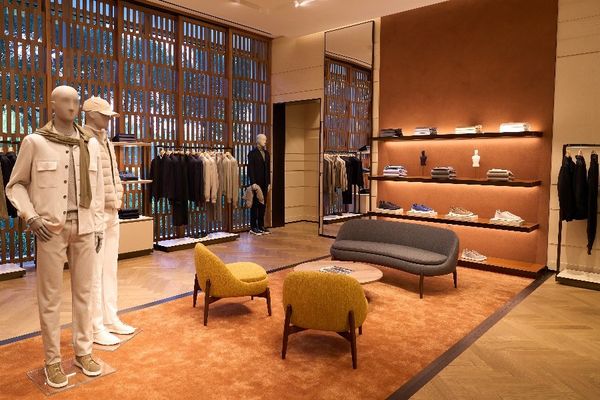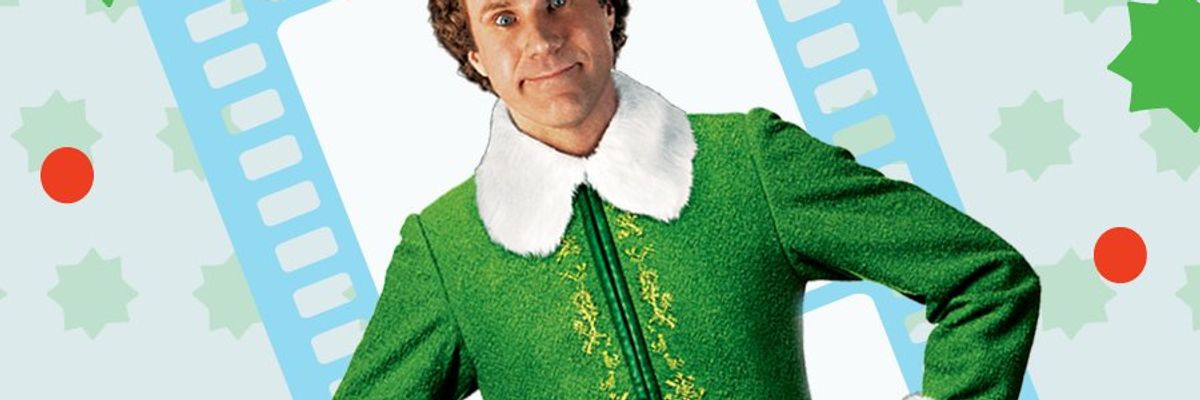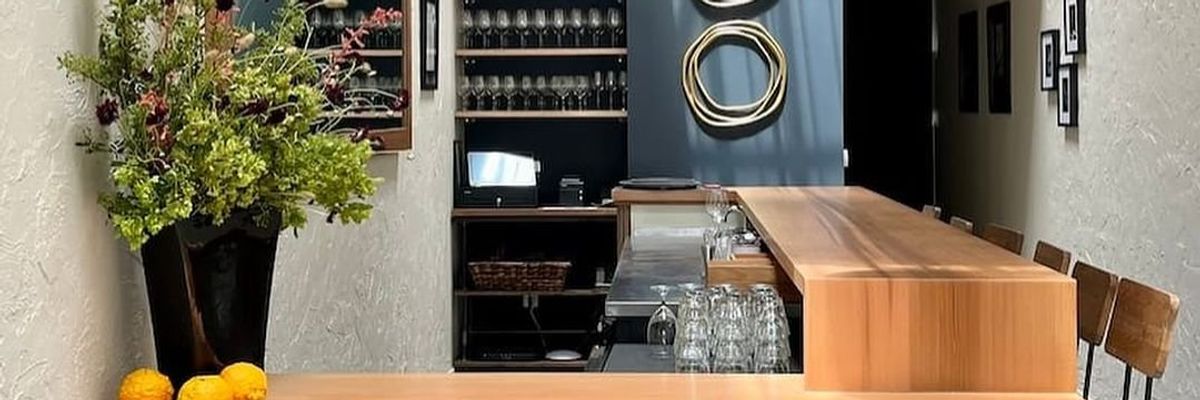Over the past two years, StartX has emerged as an incubator for entrepreneurs among Stanford students.
Founder Cameron Teitelman conceived of the accelerator when he was still a student on The Farm himself, and to date, StartX has helped some 160 founders (out of 2,000 applicants) launch some 60 companies.
At the organization's Demo Day on May 31st, the latest startups in the program presented their companies to a gathering that included potential funders and the press.
The program’s first “vertical,” StartXMed, was also unveiled; it will foster medical entrepreneurism.
Here are some of the new companies, both in the medical field and others:
Gauss, an iPad-based platform for limiting blood loss during surgery. Until now, there has been no reliable way to quantify this loss, which research indicates is chronically underestimated by surgeons. It is a software solution that uses iPads to scan surgical surfaces including cloths to give more precise estimates of blood loss.
Crowd Jewel, which crowd-sources jewelry. There are six million online jewelry designers, mostly small operators. Through this service, they can submit samples, and the user community ranks them on a scale from 1-5. Crowd Jewel can then manufacture and sell the jewelry, generating new revenue streams for the designers.
LessThan3 provides social experiences around personal music collections. Through its relationships with artists, the company connects them with fans, who have virtual “rooms” for playing their curated collections.
Vergence Labs has developed computer-enabled eyeglasses that records whatever you look at as first-person video. Like the much-anticipated Google X glasses expected to come online next year, this startup anticipates revolutionizing the $64 billion eyewear market and participate in what is projected to be a $1.5 billion augmented reality market by 2015.
Genapsys has developed a way to achieve ultra low-cost DNA sequencing on a mass scale using one pocket-sized silicon chip. This process will drive down the cost from about $30,000 to only $30 per genome. While this represents great progress from a technological perspective, my understanding from a scientific/medical perspective is we do not yet know how to interpret or what to do with all of the resulting data.
Watchup allows iPad users to create an online newscast in seconds by viewing their ten favorite news sources (CNN, BBC, etc.) as video feeds on the tablet. This company addresses what has been a problem on the iPad, which is video discovery. Research indicates that viewing news is a close second behind email as the most popular activity by iPad users, who view three times as many videos as do web users.
Kidapt has attracted leading animators to create engaging educational content for young kids. Anyone who has been around pre-school kids lately probably has noticed how intuitively most of them adapt to tap and swipe touchscreens, so this is an effort to provide educational content through Pixar-quality learning-based games. The first episode of Leo’s Pad is based on a young animated Leonardo Di Vinci.
DermLink is a medical service that dramatically reduces the time it takes for patients to get appointments and treatment from dermatologists. While the average wait time for a physical appointment is four weeks presently, using this technology, dermatologists can diagnose problems remotely in a day or less. Treatment advantages include robotic ultrasound image guidance for precise radiation therapy.





















